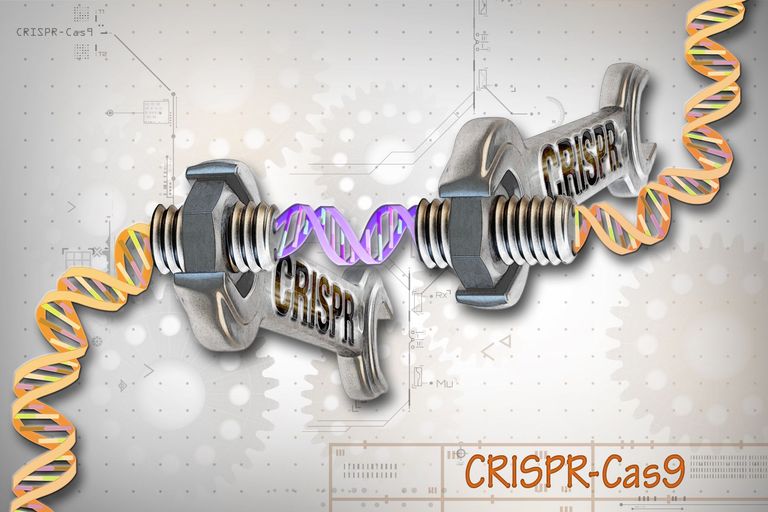CRISPR-Cas: Statement of European Academies on intellectual property aspects
CRISPR-Cas, declared by the journal Science as the scientific breakthrough of the year 2015, is a biochemical method that allows precise modifications of genetic material.

In future, it might find medical application such as pathogen control or gene therapy, for example. Theoretically, it would also be possible to modify the human germ line and thereby correct a genetic defect already in the embryo. If and under what conditions such and similar experiments, or even therapies, on human beings are ethically tenable is the focus of the debate on the new method.
The Permanent Working Group Intellectual Property Rights of the All European Academies (ALLEA) investigated in how far European patent legislation covers patent law and ethical implications of CRISPR-Cas. In its statement, the Working Group now concludes that the legal framework in place is sufficient for the foreseeable future to protect the dignity and integrity of human beings, thereby laying the basis for the development and use of the new method across all fields of life sciences.
Federating 59 Academies in the sciences and humanities from more than 40 member countries of the Council of Europe, ALLEA’s science policy work contributes to framework conditions in Europe under which science and scholarship can excel.
Pages: 11

